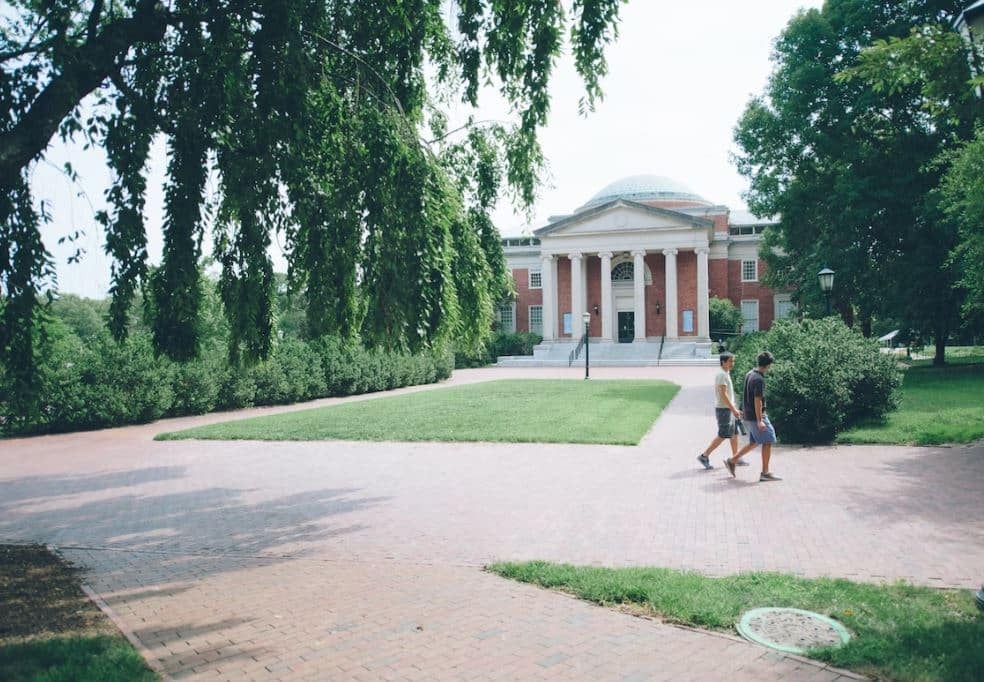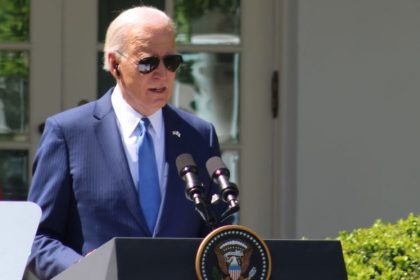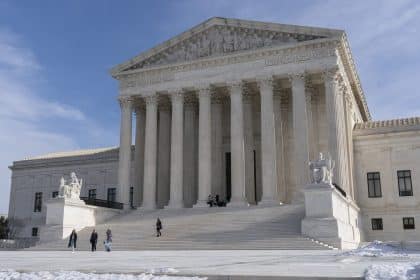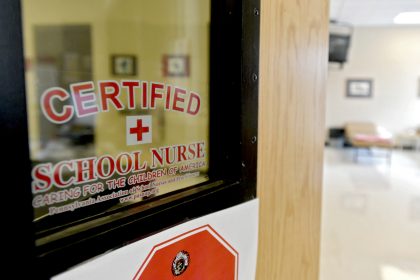UNC Students Worry Pending Supreme Court Case Will Undercut Efforts at Diversity

CHAPEL HILL, N.C. — At the heart of the University of North Carolina admissions process there is a mission statement promising the institution will educate a diverse student body to become the next generation of great leaders.
On Monday, Oct. 31, the U.S. Supreme Court will consider two cases — one emanating from UNC — that could dramatically alter how the university fulfills that promise.
Students for Fair Admissions v. University of North Carolina and Students for Fair Admissions Inc. v. President & Fellows of Harvard College, both challenge a now long-standing practice of considering race as a criteria in college admissions.
In previous cases, from Michigan and Texas, the court has reaffirmed the validity of considering college applicants’ race among many factors. But, as evidenced by its rulings last term, this is a more conservative court than its recent predecessors.
In the Harvard case, the justices are being asked to determine whether Harvard College is violating Title VI of the Civil Rights Act by penalizing Asian American applicants, engaging in racial balancing, overemphasizing race and rejecting workable race-neutral alternatives.
In the North Carolina case the court is being asked to overturn its previous ruling in Grutter v. Bollinger (the Michigan case) in which it held that a student admissions process that favors “underrepresented minority groups” does not violate the 14th Amendment’s equal protection clause so long as it takes into account other factors evaluated on an individual basis for every applicant.
The petitioners want the justices to rule that colleges and universities cannot use race as a factor in admissions.
They are also asking the court to decide whether a university can lawfully reject a race-neutral alternative because it would change the composition of the student body, without first proving that the alternative would cause a dramatic sacrifice in academic quality or the educational benefits of overall student-body diversity.
On the UNC campus, the case is a matter of concern.
“I think a Supreme Court ruling [in favor of the petitioners] could be damaging to our university’s principles. We are trying to meet these standards and affirmative action is just a part of that,” said Macy Parmalee, a junior at the university.
Despite its consideration of race in admissions, UNC is still considered to be a predominantly White institution. According to data from the university, in the fall of 2021, 56% of the student body was White, 13% was Asian, 10% was Hispanic, and 8.5% was Black.
Parmalee wasn’t the only student on campus worried about what the case could mean for the university’s future.
Junior Austin Cook is White and a political science major. Cook said given the court’s new conservative majority, it’s highly likely the court will rule in favor of the petitioner, Students for Fair Admissions.
“Because of this color blind theory [that the petitioners are espousing], there are going to be less people that apply because they feel like they will not be treated with any sort of preference,” Cook said.
“In reality, there should be some sort of preference that goes into admissions, understanding that there are different backgrounds that people have, and that very much affects how prepared people are for college,” she continued.
Cook plans to research how this ruling could potentially affect minority communities and social mobility in higher education and institutional opportunity.
“My hope is with that academic pursuit, I can highlight some alternative pathways to success for minority communities,” she said.
Yasmine Hernandez is Hispanic and a first generation college student. She is appreciative of the affirmative action used during the admissions process because her heritage is a big part of her identity and she feels that it would be unfair for the admissions center to not look at that.
“There’s plenty of people who are minorities who grew up in great neighborhoods and that kind of thing, but there’s also some that haven’t and have had to work harder to get to where they are and I think that should be recognized when they apply,” Hernandez said.
Hernandez questions how removing affirmative action will affect the school. She is also worried about what this ruling could do to specific organizations on campus, specifically the Carolina Latinx Center and the Black Student Movement, among others.
“How is this going to affect the Latinx center on campus, and the Black organizations as well, and the Asian American organizations?” Hernandez said.
“How is this going to affect them when for the next few years, maybe there’s less and less people to choose from, or less and less people would continue the organization and then they just end up dying out,” she continued.
The UNC office of admissions declined an interview but sent resources regarding their statement on affirmative action.























